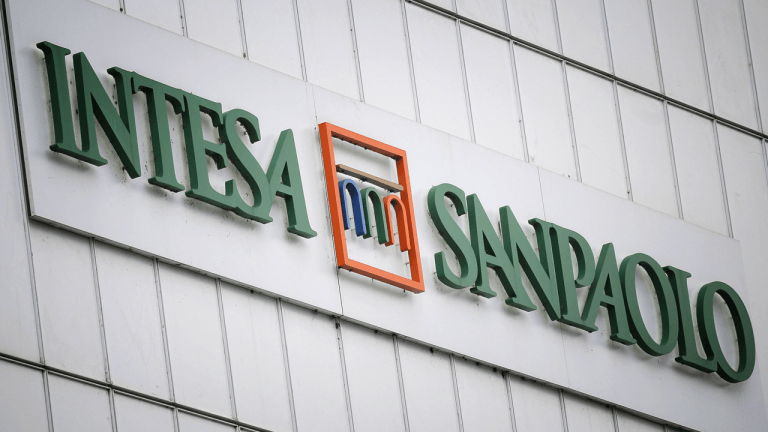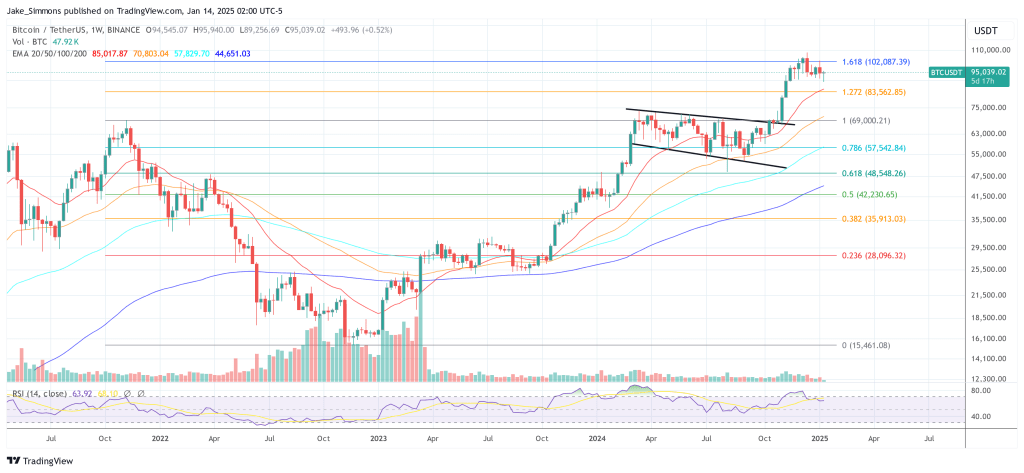The recent surge in Bitcoin’s price over the weekend caught many market observers by surprise. The alpha coin marked a 1.5% gain in the last 24 hours, bringing Bitcoin’s value above the psychologically important $30,000 threshold, which also serves as a key resistance level.
At the time of writing, Bitcoin was trading at $30,154, up 12% in the last seven days, data from crypto market tracker Coingecko shows. On October 16th, the cryptocurrency briefly spiked to around $30,000 on Binance due to false reports of an approved spot Bitcoin ETF. However, as soon as the truth about these reports came to light, the market swiftly corrected.
Just two days later, Bitcoin once again rallied to $30,000, but it struggled to maintain this crucial level, facing resistance and fluctuations. These multiple attempts indicate the significance of the $30,000 price point as a key battleground for Bitcoin’s near-term price movements.
Influential Factors Behind Bitcoin’s Recent Surge
The recent surge in Bitcoin’s price doesn’t have a clear cause, but it’s likely driven by market optimism surrounding the potential approval of a Bitcoin ETF by the U.S. Securities and Exchange Commission.
This optimism is based on the belief that a Bitcoin ETF approval would offer more accessible and regulated exposure to the cryptocurrency, attracting institutional and retail investors and further legitimizing the asset within traditional finance. The anticipation of this regulatory milestone is a key factor influencing Bitcoin’s price at present.
Jebb, a prominent crypto analyst, has examined the 200-weekly simple moving average in Bitcoin trading. Jebb stressed the importance of this moving average as a prediction of Bitcoin’s future bull markets, based on its previous record.
This moving average, he noted, has consistently proven to be a vital and insightful indicator, offering valuable insights into the complex dynamics of Bitcoin’s price movements.
In the video, Jebb dispelled the myth that Bitcoin’s price fell sharply below the 200-weekly moving average in 2022, rendering it obsolete. He maintained that outside variables, like the Federal Reserve’s artificially inflated 2021 price of Bitcoin, had an impact on the decline.
He emphasized that these exceptional circumstances played a pivotal role in the 2022 downturn, underscoring that the 200-weekly moving average remains a valuable metric for predicting Bitcoin’s future trajectories, given the return to more typical market conditions.
Bullish Signals For Bitcoin’s Future
According to Jebb’s analysis, in the absence of intervention from the US central bank, the price of Bitcoin would have experienced a surge to around $50,000 instead of $70,000, followed by a correction to approximately $20,000 as opposed to $27,000.
All of these criteria support a Bitcoin bull market. Jebb predicted that Bitcoin might rise $50,000 to $70,000 in six months based on his findings. This estimate gives Bitcoin’s price growth potential an extra boost by taking into account the April 2024 halving event.
Moreover, the analyst went on to introduce a diverse array of technical indicators that strengthen the prospect of an impending bull market for Bitcoin. Among these indicators, he drew attention to the weekly chart’s Moving Average Convergence Divergence (MACD), the Relative Strength Index (RSI), and the Lux Algo signals.
Featured image from AccountingWEB

You can get bonuses upto $100 FREE BONUS when you:
💰 Install these recommended apps:
💲 SocialGood - 100% Crypto Back on Everyday Shopping
💲 xPortal - The DeFi For The Next Billion
💲 CryptoTab Browser - Lightweight, fast, and ready to mine!
💰 Register on these recommended exchanges:
🟡 Binance🟡 Bitfinex🟡 Bitmart🟡 Bittrex🟡 Bitget
🟡 CoinEx🟡 Crypto.com🟡 Gate.io🟡 Huobi🟡 Kucoin.


















Comments